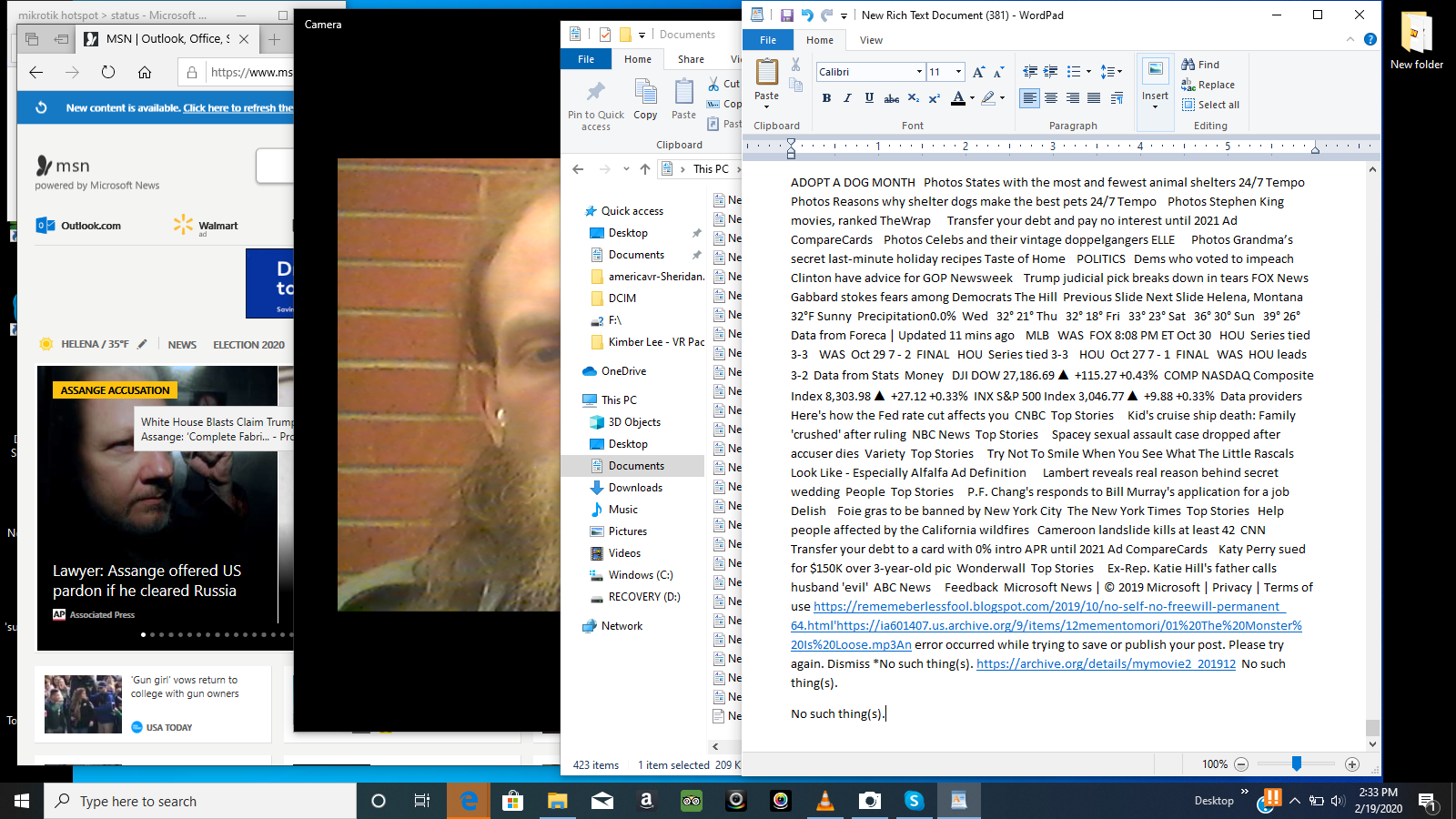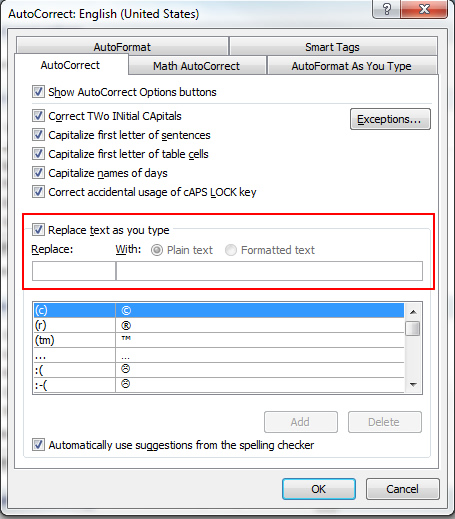
AUTO CORRECT MICROSOFT WORD SET UP 2018 HOW TO
I hope you enjoyed our article about how to change the Microsoft Word default font. Although you will be able to change the typeface in the current document, the next time you create a new blank document, the font will automatically be set to Calibri. Note that you cannot change the default font if you are using Word Online. If you only want to change the typeface in the open document, follow the same instructions but choose the “This document only” option in step 5. The default font will now be changed in the open document and any future blank documents you create.

In the Font dialog box, select your preferred typeface and any other settings you want to change (e.g., font size).Right-click somewhere in the document and choose “Font”.In this version, the default e-mail editor is Word, so you can take advantage of features such as:Īutoformat Format your message automatically as you type, and add formatting to plain text messages that you receive.Changing the default typeface in Microsoft Word is easy: You could change the editor to Microsoft Word if you wanted. In previous versions of Microsoft Outlook, the default e-mail editor was the Outlook editor. To replace all straight quotes with curly quotes, select the "Straight quotes" with "smart quotes" check box, and repeat the find and replace procedure.Ĭurly/Smart/Typographer quotes in MS Word are U+2019 Select the entries you want to export then click Export to export the files to a folder of an intermediate location that the destination computer can access.
AUTO CORRECT MICROSOFT WORD SET UP 2018 PLUS
Click Kutools Plus > Import / Export > Auto Correct to export the AutoCorrect entries. In both the Find what and Replace with boxes, type ' or ", and then click Find Next or Replace All. Go to File>Options>Proofing and select AutoCorrect Options From the menu select AutoCorrect. Export the Auto Correct file to a specific folder: 1. To do this, clear the "Straight quotes" with "smart quotes" check box on the AutoFormat As You Type tab. Note You can find and replace all instances of single or double curly quotes with straight quotes in your document. Under Replace as you type, select or clear the "Straight quotes" with "smart quotes" check box. Word 2010 and later: Click File in the top left, click Word Options, click Proofing, then click the AutoCorrect Options button in the AutoCorrect options section.


On the Tools menu, click AutoCorrect Options, and then click the AutoFormat As You Type tab. Word 2007: Click the large Microsoft button in the top left, click Word Options, click Proofing, then click the AutoCorrect Options button in the AutoCorrect options section.

Microsoft Word automatically changes straight quotation marks ( ' or " ) to curly (smart or typographer's) quotes ( or ) as you type. See also instruction form Microsoft Word on How to turn the Unicode/Ascii character conversion on and off:Ĭhange curly quotes to straight quotes and vice versa The advantage is that this fix routine can be used when editing or saving the record in Cataloging. In both cases, we suggest changing the character_converstion table as follows:ġ) Use line_utf2line_utf.template under $alephe_unicode to create a new conversion table.Ģ) Add the new table to the tab_character_conversion_line (under the same directory), with a new entry, for example:ģ) Run p-manage-22 with Conversion routine APOSTROPHE.Ĥ) Another option is to add the new table from step 1 to entry "Z" in tab_character_conversion_line, like follows:Īnd then set up a new fix routine in tab_fix using "fix_doc_char_conv_z" program. I need help finding a way to fix this and convert all u+2019 apostrophe back to u+0027 apostrophes.Īnother site reported the same issue when pasting from Microsoft Word to the Aleph Search fields, and getting incorrect results. the problem is that now, our records conatins a mix of the new Unicode apostrophe (code point u+2019) and the old usual ASCII apostrophe (code point 27, or u+0027). While doing so, however, they copied text containg Unicode apostrophes (which is something casual in French). Catalogers started editing authority records by copying text from Microsoft Word.


 0 kommentar(er)
0 kommentar(er)
